The Federal Government, on Monday, raised concerns over the increasing number of attacks on humanitarian workers across Nigeria, calling for urgent measures to protect those working in conflict zones.
The Federal Commissioner of the National Commission for Refugees, Migrants, and Internally Displaced Persons, Tijani Ahmed, expressed the concern.
Ahmed spoke in Abuja at a press conference to mark World Humanitarian Day 2024, with the theme ‘ActForHumanity’.
Since 2020, there have been no fewer than 49 reported incidents involving 79 aid workers, with cases ranging from kidnappings and ambushes to fatalities, Ahmed said.
He recalled the killing of an aid worker from Médecins du Monde, the wounding of a UN pilot, and a violent attack on the United Nations Aid Facility in Borno State, which resulted in the deaths of at least 20 Internally Displaced Persons and forced aid workers to flee.
“In Nigeria, humanitarian workers have frequently found themselves in the crossfire of non-state armed groups. Between 2020 and 2024, there have been 49 reported incidents affecting 79 humanitarian workers.
“These include the tragic killing of an aid worker from Médecins du Monde, the wounding of a UN pilot, and the attack on the United Nations Aid Facility in Borno State, which resulted in the deaths of at least 20 internally displaced persons and forced aid workers to flee for safety.
“In 2024 alone, no fewer than 26 humanitarian workers in Nigeria have been kidnapped, ambushed, or assaulted while carrying out their duties,” he lamented.
The Geneva Conventions, to which all African nations are signatories, stipulate that the intentional targeting of humanitarian workers is a war crime.
Such acts violate the core principles of humanity, neutrality, impartiality, and independence that guide humanitarian action.
“These heinous acts not only endanger the lives of those who are dedicated to helping others but also violate the very principles of humanity that underpin our global commitment to peace and justice,” he said.
The NCFRMI Commissioner called for the enforcement of international humanitarian law in Nigeria, urging stakeholders to intensify efforts to protect aid workers and civilians.
He also pushed for stronger legal frameworks to prosecute perpetrators and end the cycle of impunity.
“Today, I call upon all stakeholders to intensify our efforts to protect humanitarian workers and civilians in conflict zones.
“We must also ensure that our legal frameworks are robust enough to prosecute those who commit such violations and end the cycle of impunity as the protection of humanitarian workers and civilians is a moral imperative,” Ahmed said.
Meanwhile, officials of the Benue State Government, the United Nations Children’s Fund, and other international donor agencies, on Monday, defied a morning downpour to embark on a two-kilometre walk to commemorate this year’s World Humanitarian Day.
Leading the walk, the state’s Commissioner for Humanitarian and Disaster Management, Aondowase Kunde, and Chief of UNICEF Field Office Enugu, Juliet Chiluwe, appealed to the Speaker of the state House of Assembly, Hyacinth Dajoh, to help domesticate the durable solutions Act before the house.
Kunde lamented that 591 aid workers were victims of attacks in 2023 alone, adding that Nigeria had not been insulated from the menace.
He said, “Mr Speaker, several of our colleagues have been killed, maimed, kidnapped or violated in the course for acting for humanity, especially in the North-East Region of Nigeria.
“World Humanitarian Day is an opportunity for us to recognise the sacrifices and contributions of humanitarian workers who risk their lives to assist others. It’s a day to advocate the safety and security of aid workers and to highlight the importance of humanitarian efforts in alleviating suffering.”
Kunde applauded UNICEF for its support in health care delivery, adding that the organisation had been rendering support in nine Internally Displaced Persons’ camps across the state.
The Speaker, who was represented by the Majority Leader of the Assembly, Sateer Titseer, assured the donor partners of the Assembly’s collaboration.
In her remarks, the UNICEF chief, Chiluwe described World Humanitarian Day as significant, noting that UNICEF had been in in partnership with the state government in alleviating the suffering of vulnerable women and children.
She said, “UNICEF has been key in making sure that the children are immunised. We have supported immunisation and so far from January to date, we have supported over 20,000 people in mobile outreach services.”
Chiluwe appreciated the Benue State Governor, Rev Fr Hyacinth Alia, for his support and cooperation.
“In other places, it’s not easy for humanitarian workers to intervene. But in Benue, the governor is key and has taken leadership to ensure that we have a strong partnership to ensure that women and children are safe and are supported,” she said.

 2 months ago
34
2 months ago
34


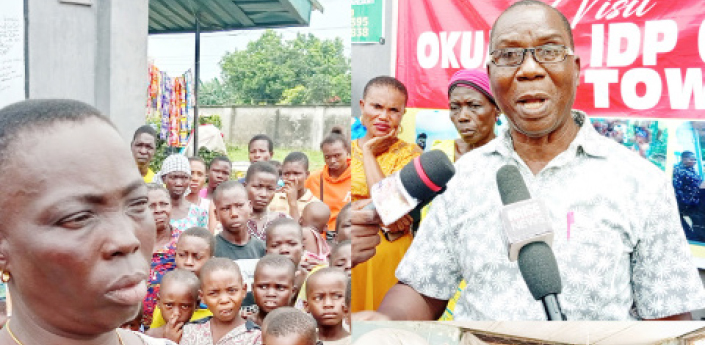
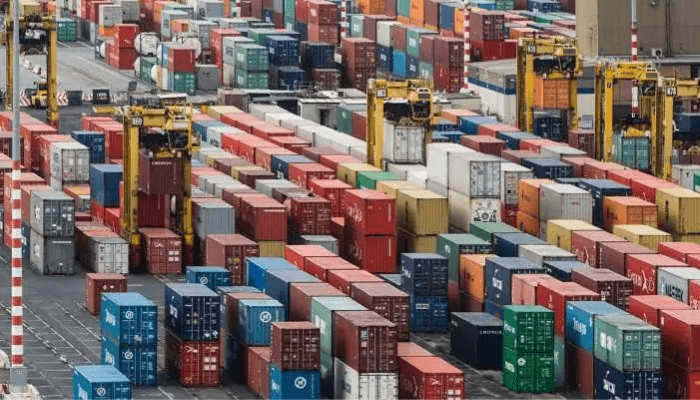




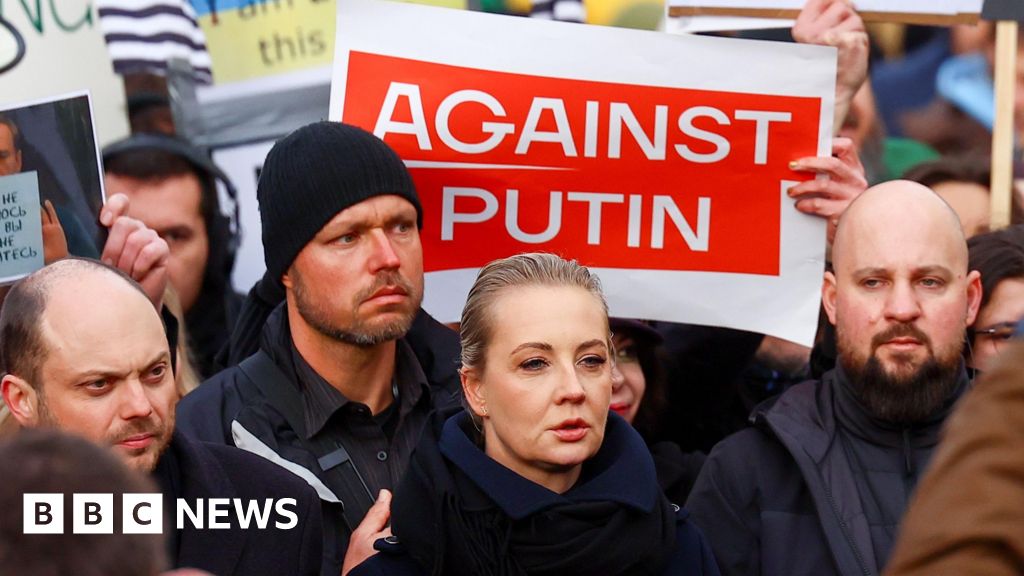
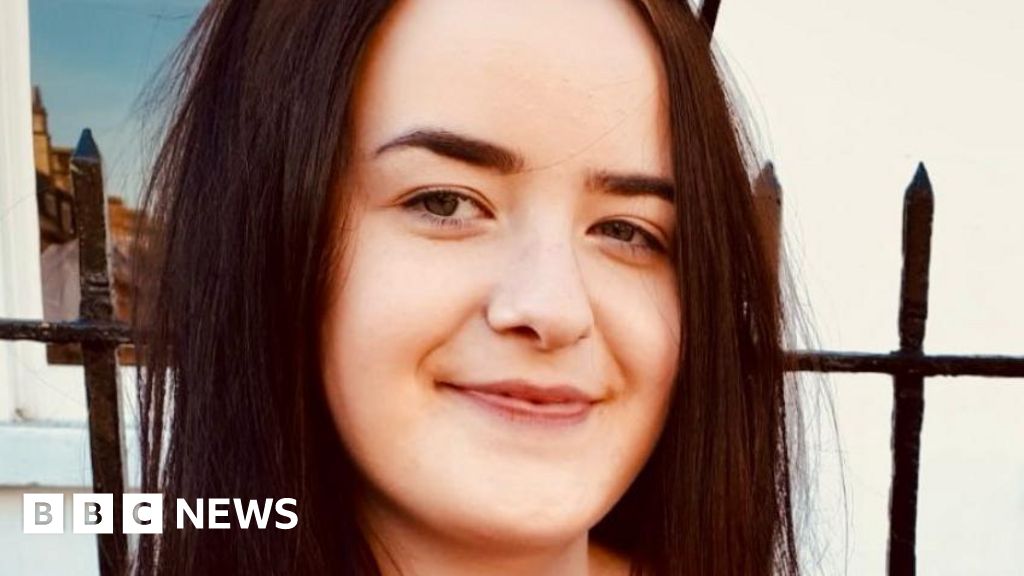
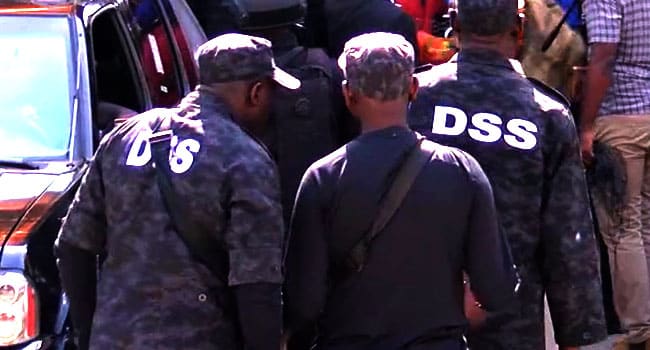




 English (US) ·
English (US) ·